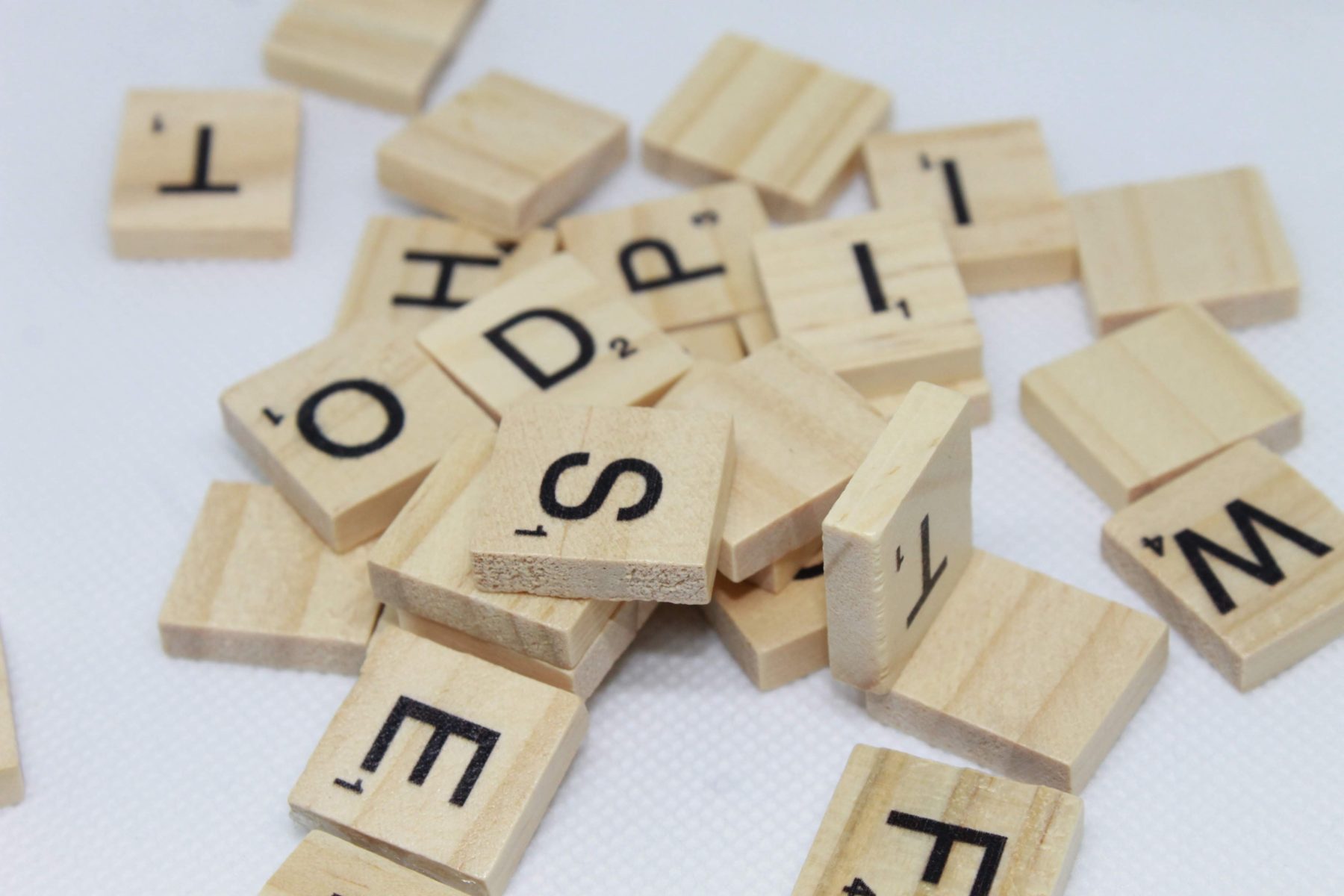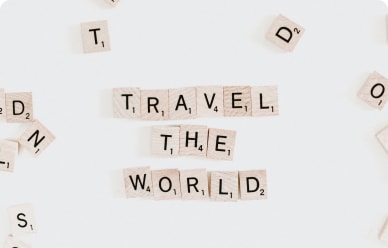“Skrafl” in Iceland, Explo’s home country
Crossword games similar to Scrabble® are played in many countries, both in English and local versions. In Iceland, Explo’s home country, “Skrafl” traces its origins to around 1990. An Icelander visiting Boston saw a Scrabble game in a pub, became quite fascinated by it and jotted down the rules and number of letters on a napkin. Back home, he created an Icelandic language version of the board game that built momentum and gained popularity over the years. The popularity accelerated in 2015 when the local crossword game website Netskrafl was launched.
While English has 26 letters in its alphabet, Icelandic has 32. Icelandic words never contain C, Q, W, or Z, but its alphabet adds accented versions of 6 vowels (Á, É, Í, Ó, Ú, Ý), one umlaut (Ö, also found in German), one amalgamated letter/ligature (Æ, also found in Danish and Norwegian) and two unique letters (Ð, Þ).
The Icelandic tile bag has 100 tiles, just like the English one. The most common letter is A, with 11 tiles, and then R, with 8 tiles. I, N and S follow with 7 tiles each.
There are 279,496 words in the SOWPODS dictionary for English Scrabble®. Icelandic, however, is a morphologically rich language that allows liberal construction of compound words (like German). The Icelandic game vocabulary thus comprises a staggering 2.3 million words.
The vocabulary is based on an official descriptive language database called the Database of Modern Icelandic Inflection, created by the Árni Magnússon Institute for Icelandic Studies, a government institute.
Since Icelandic allows inflection of most words (including nouns, adjectives, and verbs), crossword game players can often add suffixes to words already on the board. And, because the language allows compound words, prefixes are possible as well. As an example, if the word BÍL (car, accusative) is on the board, a player might add LEIGU in front, creating LEIGUBÍL (taxi, accusative), or A at the end, creating BÍLA (cars, accusative), or S, creating BÍLS (a car’s, possessive).
Compared to English’s limited flexibility here, with inflection being mostly limited to -S for plural nouns, -S and -ING for verbs, and -R/-ER for adjectives, an Icelandic crossword board usually has many more potential plays than a typical English one. This makes the game in some sense easier, but in other ways more difficult: Finding the optimal move from multiple possibilities can be challenging and requires a well-trained eye.
But regardless of whether it is played in Icelandic, English, or other languages, Explo is always a fun way to exercise the brain and connect with friends!





